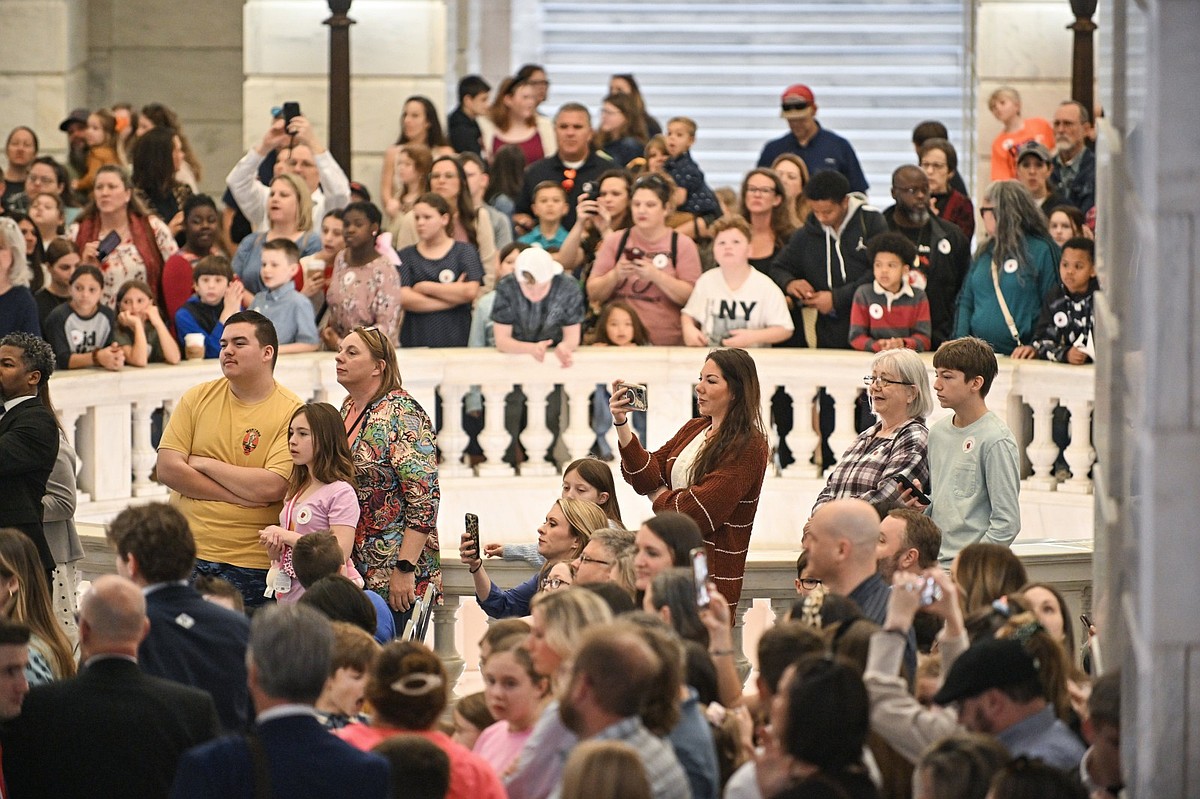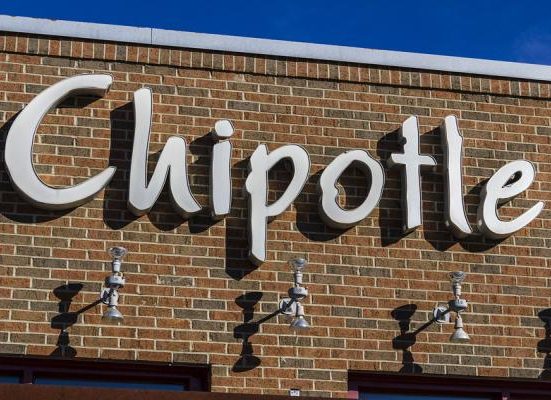The lead-up to the 2025-26 school year marked the first time all students could apply for Arkansas’ Educational Freedom Accounts, the $277.4 million initiative that greatly expands taxpayers’ funding of student tuition and other costs related to private schools.
But are they “vouchers”?
That depends on who is giving the answer.
At least some supporters of the accounts argue they distinguish themselves from vouchers because parents can apply them to any of the 128 private schools that have been approved to participate in the program. They also say efforts to label them as “vouchers” originate with school choice opponents seeking to stigmatize the accounts.
Critics of Educational Freedom Accounts meanwhile assert they are, in fact, vouchers, and that attempts to suggest otherwise are attempts to justify further efforts to take funds away from the state’s public schools.
Asked whether the state’s program can be considered a voucher, the Arkansas Department of Education replied, “We consider them to be Freedom Accounts.”
NOT VOUCHERS
Gary Newton, president and CEO of Arkansas Learns, said vouchers have a “particular school’s name” on them and can only be applied toward that school. Educational Freedom Accounts, on the other hand, are “very mobile” and can be used at any participating private school. That distinction alone is enough to separate the accounts from vouchers, he said.
Newton is a self-avowed school choice advocate who was selected as one of 11 members for the state’s “quality charters” working group and is a member of the Arkansas PBS Commission. Arkansas Learns bears no direct relation to Act 237 of 2023, the education overhaul commonly known as the LEARNS Act that established the Educational Freedom Accounts.
He said that, to his knowledge, the term “voucher” is not used to describe programs similar to Educational Freedom Accounts anywhere in Arkansas law.
The use of “voucher” to describe the Educational Freedom Accounts represents an ideological divide, according to Newton.
“Almost everybody who opposes money following students calls that a voucher,” Newton said. “No matter what it is, whatever, almost all of those that support call it an, in this case, a Freedom Account, or in another state, a Savings Account”
Newton recalled hearing the term wielded against him when he first began his work supporting school choice efforts 13 years ago.
He said that “voucher” may carry a negative connotation in the present day because attending private schools were used by white families to flee school integration.
“There’s no doubt that there were nefarious (purposes), but that’s not modern-day school choice,” Newton said.
VOUCHERS
Bill Kopsky, executive director of the Arkansas Public Policy Panel, said the claim that Educational Freedom Accounts are not vouchers is “intellectually dishonest” and suggested those who pushed for that distinction had “found a talking point that polls well.”
“They’re vouchers on their face,” he said. “It’s public financing to attend a private school. It is by definition.”
Kopsky is also treasurer of For AR Kids, a group behind a proposed constitutional amendment to require private schools that accept public funds to comply with the same statutory and Department of Education reporting requirements to which public schools are subject. The proposed measure fell short of the signatures necessary to be on the 2024 ballot, though the group has said it will try again for the 2026 ballot.
Kopsky rejected the distinction Newton claimed between Educational Freedom Accounts and vouchers as “outdated, desperate and sad — and meant to cover the fact that vouchers produce horrendous outcomes for students.”
He said that, regardless of the term used to describe the program, Arkansas already has school choice and that a number of high-quality private schools were already at capacity before it was implemented. Instead, the program amounts to a “tax subsidy for the rich.”
NATIONAL DISAGREEMENT
Questions over the meaning and limits of the term “voucher” are not limited to Arkansas, but are happening in states where programs similar to Educational Freedom Accounts have been implemented or proposed.
The National Education Association defines vouchers as “any form of public payment to help parents send their children to private schools, including religious schools.” The teachers union lists Education Savings Accounts, which are similar to Educational Freedom Accounts, as vouchers.
“Voucher supporters use terms with marketing appeal such as ‘personalized learning,’ ‘opportunity scholarships,’ and ‘parental choice’ because they know the word ‘voucher’ costs them public support,” its website asserts.
Educational Freedom Accounts operate similarly to their education savings account counterparts. Like the former, the latter are “programs that route public per-pupil funding into government-authorized savings accounts for families with students not attending public schools,” according to the National Conference on State Legislatures.
The Mountain States Policy Center meanwhile argues the two are distinct. A 2023 post on its website mirrors Newton’s arguments, stating that, with voucher programs, the state typically “writes a check to a school in the name of a student to cover tuition.”
With education savings accounts, the money is generally held in an account by the state and can be used by parents for a variety of purposes, the center’s post states.
In a page explaining education savings accounts, the conference separates vouchers from education savings accounts.
News organizations also appear to differ in whether they give education savings accounts the voucher label.
In a May 23 article, NPR cites Michigan State University professor Josh Cowen, who told them, “If it funds private school tuition, it’s a voucher.”
A 2023 article in the Texas Tribune described a then-proposed Education Savings Accounts program as “voucher-like,” but labeled it a “private school voucher program” in an article from this past May.
Similarly, a 2023 article in Education Week references “voucher programs like (education savings accounts).” However, an interactive map updated by the publication last month distinguishes between vouchers and education savings accounts.
According to the map, a total of 18 states have education savings accounts, with Arkansas listed among their number.
The Educational Freedom Account program was one of several key aspects of the LEARNS Act.
Through the program, students receiving an Education Freedom Account will get 90% of what public schools get per student in state funding from the previous school year. The funding amounts approved for next year’s participants are $6,864 per student and $7,627 for each former recipient of the Succeed Scholarship, according to the Education Department.
Supporters of the Education Freedom Account program have said the program helps parents to send their kids to the schools of their choice and to address other school-related costs, but critics have accused the program of diverting valuable resources from public schools in favor of funding private and home schools.
“Secretary Oliva and the governor have both said on multiple occasions that parents should have the education freedom to send their children to a school that best meets their needs — despite their zip code,” said Kimberly Mundell, director of communications for the Education Department.
With support from the ADG Community Journalism Project, LEARNS reporter Josh Snyder covers the impact of the law on the K-12 education system across the state, and its effect on teachers, students, parents and communities. The Arkansas Democrat-Gazette maintains full editorial control over this article and all other coverage.







